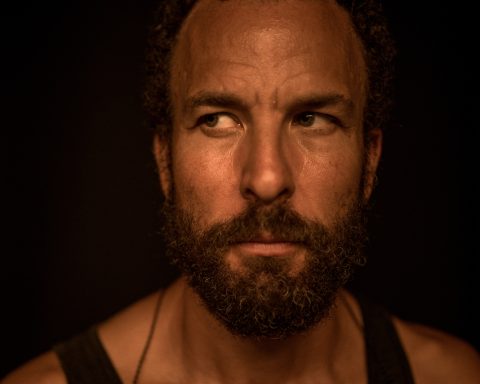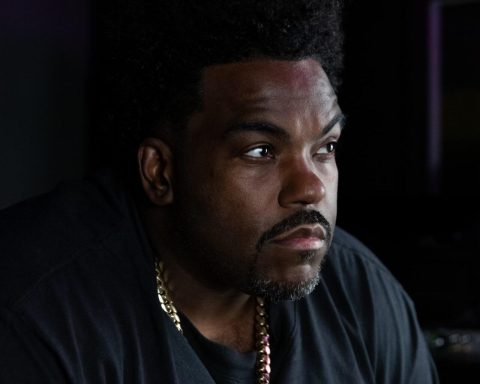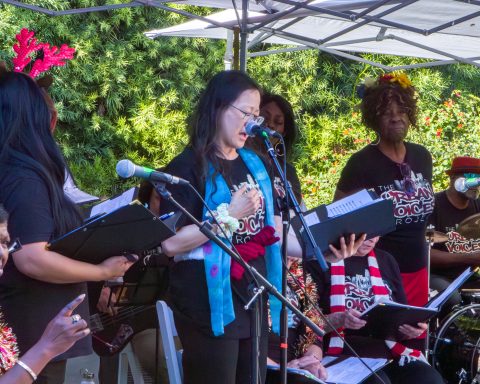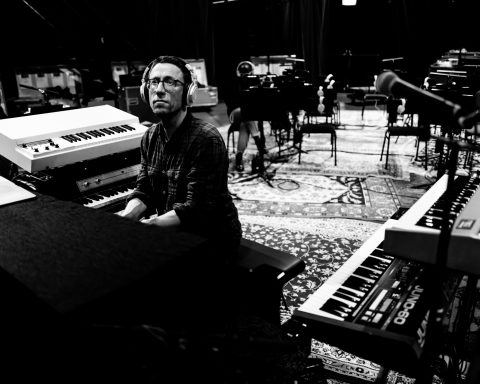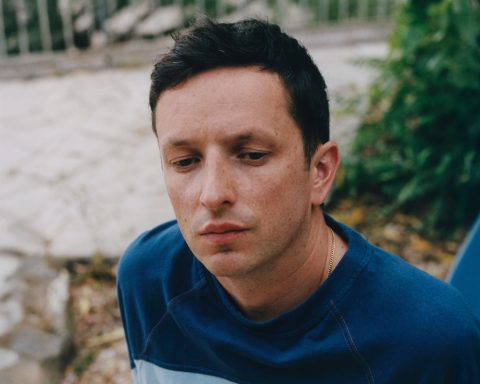Music history is rife with piano-playing frontpeople of all kinds. There is, of course, the tradition of pianist singer-songwriters like Carole King, Billy Joel, and Fiona Apple. At the same time, the piano is the main instrument of arena act vocalists like Chris Martin of Coldplay and Queen’s Freddie Mercury. All these artists take advantage of their piano prowess to craft their songs. Yet they also command the spotlight because of their skills on the keys. Now, there’s a new generation carrying the torch, bringing the legacy of piano-playing frontpeople into new genres and formats.
The Piano Path
For many young people, the piano serves as an entry point into music. Its tactile, intuitive layout—from the lowest note to the highest without pitch repetition—make it a perfect first instrument. However, the piano’s familiarity sometimes overshadows its depth. This is why virtuosos who can multi-task on piano and vocals continue to dazzle audiences. Seasoned performers like Elton John and Tori Amos can croon effortlessly while pounding out a complex piano pattern.
Creating a Moment
Still, a frontperson needn’t sit behind the piano for an entire set. A well-placed piano number can create a standout moment in a live show. These dynamics give singers the freedom to abandon the center microphone and increase impact. For example, two-time GRAMMY-winning R&B artist H.E.R. performed her ballad “Sometimes” using the Roland Facet Grand Piano at the 62nd Annual GRAMMY Awards®. The sight of H.E.R. emerging from behind the prototype Facet to launch into a passionate guitar solo added to the show’s dramatic flair.
"Seasoned performers like Elton John and Tori Amos can croon effortlessly while pounding out a complex piano pattern."

The Leader of the Band
And it’s not only solo artists who gravitate to the piano. The appeal of the piano-playing frontperson crosses all stylistic lines. Witness the way Josh Katz of hard-rocking hitmakers Badflower shifts from guitar to a Roland GP-609 grand for spooky flourishes on their song “Cry.”
In this particular case, the instrument’s imposing presence onstage gives the tune an added sense of emotional gravitas. During a 2021 livestream, Katz performed from the piano bench while the rest of Badflower set the dark mood around him. It’s an intense, compelling performance—and at its heart is the piano.
Chance Inspiration
For Greyson Chance, there was always a lot of Ray Charles playing in his house growing up. At a young age, Chance went viral playing the piano and garnered millions of streams and music video views. He first began to plunk around on those 88 keys at four years of age.
He insists his family didn’t push him to play; it was something he wanted to do. His first memories include awe and astonishment for the instrument—and Ray Charles himself. Chance saw in him an artist who sat behind the piano to play, write, and perform his way to becoming one of the most important musicians ever.
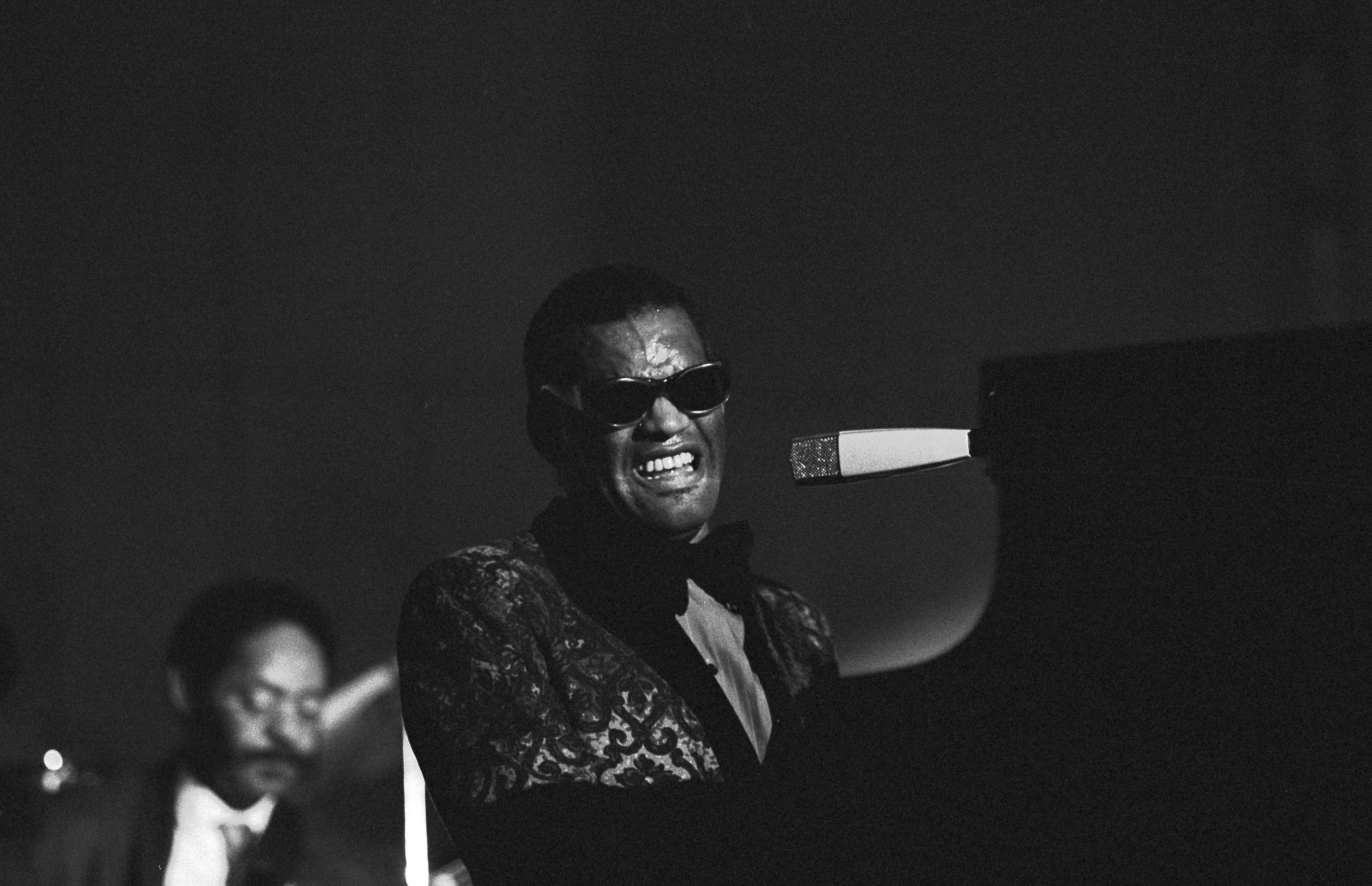
While some associate the frontperson role with singers or guitar players, piano players have a long history as bandleaders. That legacy made an impression on Chance as a child. Inspired by Ray Charles, Chance decided to become a piano-playing frontperson.
A Place of His Own
As Chance puts it, the stage is his happy place, a safe zone in a world that can otherwise feel chaotic and confusing. When Chance is on stage, singing and playing piano, he feels a responsibility to be proficient, entertaining, and welcoming. An eclectic performer, Chance plays several piano models including the RD-88, RD-2000, and GP609 grand, but is partial to the LX708 upright.
"In the moments of the set when I'm just playing the piano, there is a feeling of rootedness for me."
-Greyson Chance
“I feel the most at home and the most in control when I am on stage,” Chance says. “It’s as if my entire world falls out of focus and I can be the most present with myself and my fans for that hour and a half.” The experience grounds him. “In the moments of the set when I’m just playing the piano, there is a feeling of rootedness for me,” he shares. “It feels as if I am letting the crowd into my own home, to let them watch the process of it all.”
Gaga for Gaga
At 24, the Oklahoma-born Chance has an innate connection to both his art and his audience. Still, he’s always looked to others for bolstering. First, it was Charles, and other players like him, as he grew up. Later, he discovered his all-time fave, the piano-playing Lady Gaga. He covered her song “Paparazzi” as a young teenager. This led to his online fame, including retweets from celebs like Ryan Seacrest, Ashton Kutcher, and Ellen DeGeneres.
“Even at a young age, I remember seeing something that was intentional,” Chance says. “Everything that Gaga does has a purpose and a greater vision behind it, and that is something that I now apply to my own art. Every artist should study her, she’s perhaps the best living artist on the planet.”
One Frontperson—Many Keys
About 2,000 miles from Oklahoma, Seattle-based artist, Julia Massey, fronts her Emerald City band, Warren Dunes. The group has performed live on the famed radio station KEXP and enjoyed features in national magazines. Warren Dunes’ songs blend several melodies simultaneously, many of which emanate from Massey’s two keyboards. As the frontwoman, Massey sings, plays synth bass and traditional electric piano all at once, both arms outstretched.
"Because I've always had the piano as my main instrument, I never wondered if it was strange that I was leading projects behind a keyboard."
-Julia Massey
For Massey, it was never odd to front a band as a keyboardist or piano player. “Because I’ve always had the piano as my main instrument, I never wondered if it was strange that I was leading projects behind a keyboard,” Massey admits. “Players like Tori Amos and Elton John lodged in my brain that piano players could also be pop stars, but I was never conscious of it. It’s always felt like, ‘This is the instrument that feels most natural to me, so let’s stick with it.’”
One player, in particular, left a strong impression. “I was specifically inspired to play more than one instrument by a Medeski, Martin, and Wood show I attended years ago,” Massey says. “John Medeski was surrounded by a bazillion keyboards. Although he didn’t sing, his performance bewitched me.” Her keyboard collection, including her beloved JUNO-DS synthesizer, speaks to Medeski’s influence.
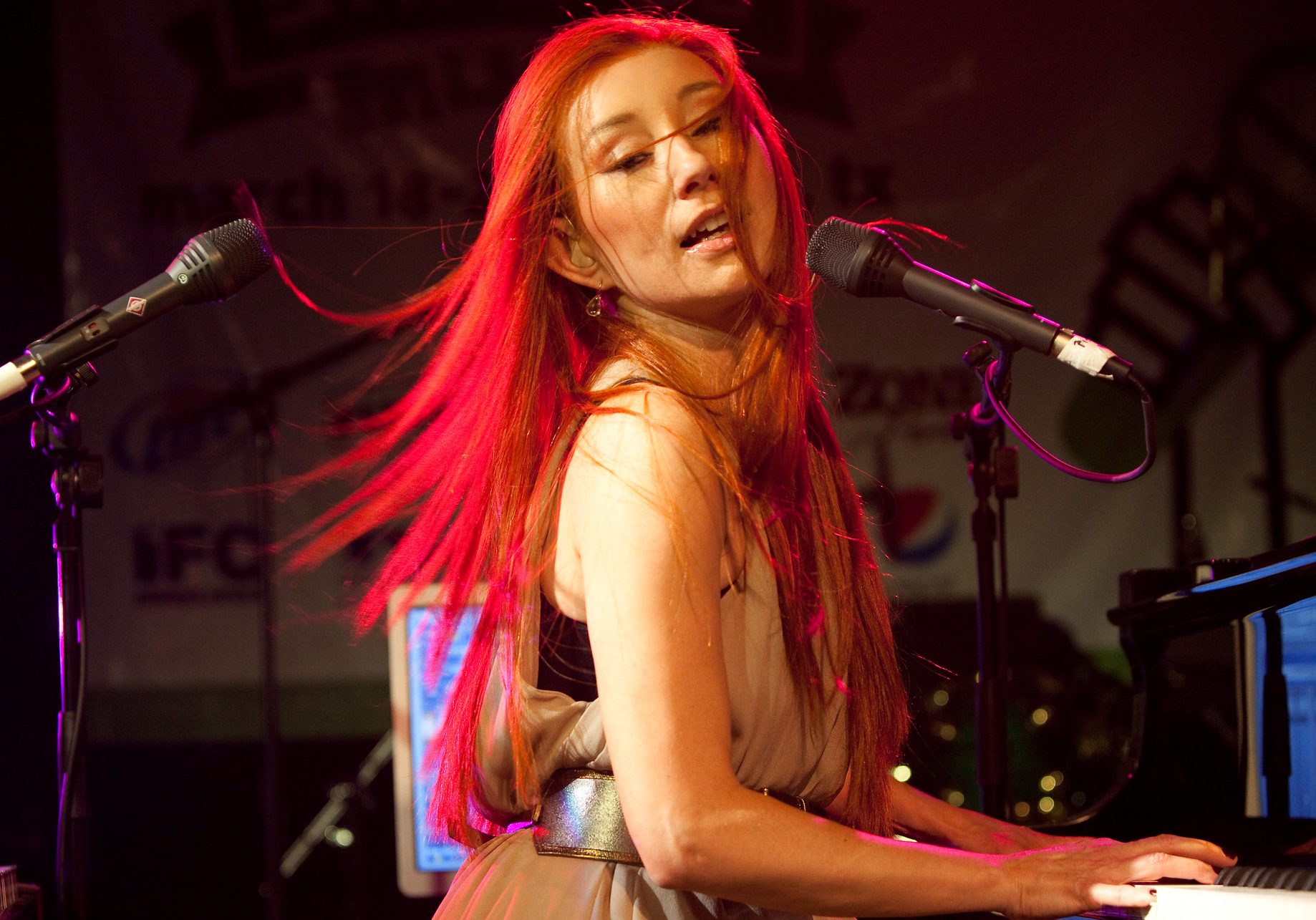
Piano in the DNA
For Chance, his rise to success was the result of others seeing what he did, valuing it, and sharing it. The praise he received was a testament to his artistry. It also revealed that music fans appreciate piano-playing singers. Perhaps it’s in human DNA. Before mics and amps, distortion pedals, and Elvis Presley shaking his hips, people gathered around the family piano.
For a rising star like Chance, his career as a piano-playing singer is now surpassing his childhood dreams. “My life changed overnight,” says Chance. “I took my first plane to Los Angeles from Oklahoma after the video went viral,” he recalls. “Within weeks, I was in a studio signed to a major label. 12 years later it all feels like a blur.”
“Writing music and performing is the only way I know how to get through my own life."
-Greyson Chance
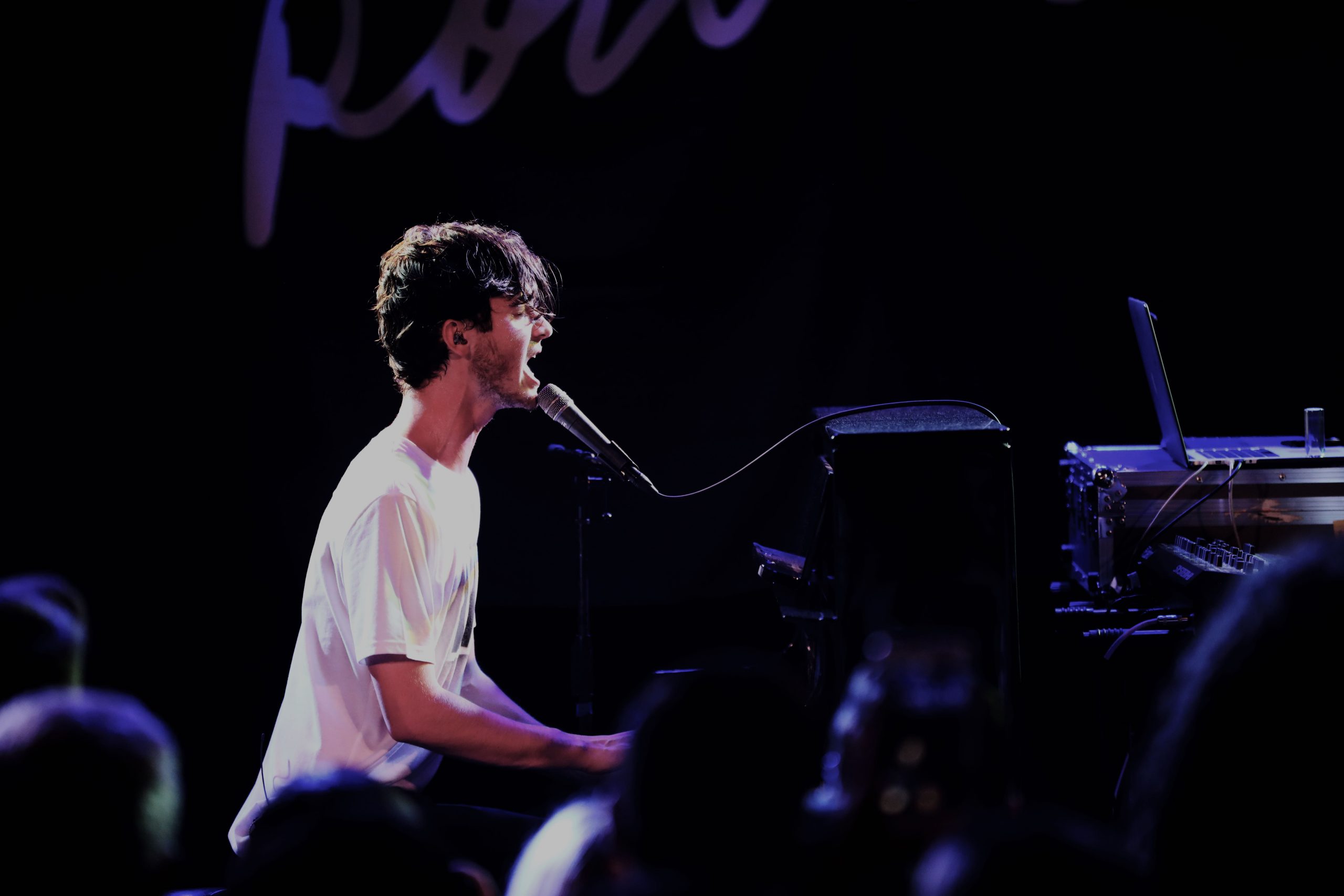
Future music fans may look to Chance’s work with the same reverence he had for Ray Charles and the great Lady Gaga. “Writing music and performing is the only way I know how to get through my own life,” Chance says. “It’s the only consistent roadmap I have, and at this point, I will always stick to it.”
Like piano-playing frontpeople before him, Chance uses the 88 keys to connect with audience members and inspire others. He’s not alone. With artists like himself, Massey, Badflower, H.E.R., and others out there, the cultural resonance and relevance of the piano will continue to thrive.



